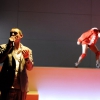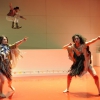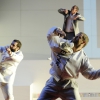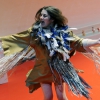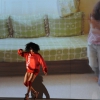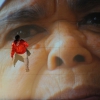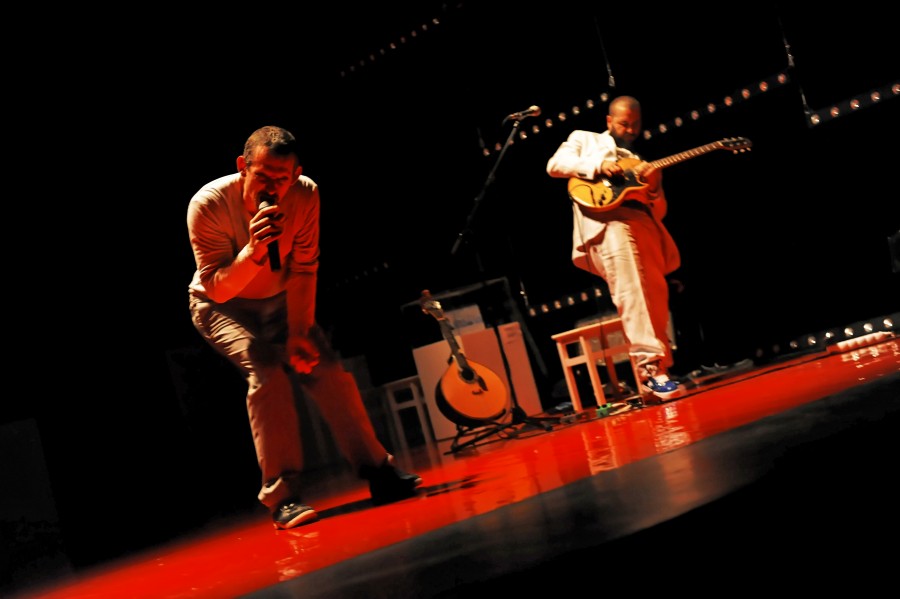Nour
Nour is the second volume of Le Triptyque de la Personne, which began with Singularités ordinaires. The Company’s members gathered actual facts based on various people’s testimonies: Driss, Nor, Djamila, Nicolas, Fatima, Saïda, Jeanine, Farida, Gérard, Claude, Aïcha, Jean, Lum, Hassan… in short, people they met during recorded interviews or people they simply listened to in Boulazac, Bourdeilles, Arles, Marseille and Calais. From these testimonies, they wrote several fictitious interviews of a young Algerian-Moroccan woman they called Nour El Yacoubi who was born in 1983 near Périgueux, France in Vignaud Council Estate. Nour’s parents, an Algerian mother from Tlemcen and a Moroccan father from Oujda, “crossed the sea” and “entered” France through Marseille in 1975. Nour likes her life and friends and is really fond of urban dances. In the meantime, she gradually seeks out conflict with Amin, her father, who is distraught by the travel and the ordeals his family undergoes. While building a new environment for herself and her relatives, Djamila, the mother, is struggling and resisting in an attempt to transmit languages, skills, values, philosophies and religions that become more and more fragile. Several family controversies arise from these contradictions (secrets, dramas, discoveries, silences) in which Nour plays a great part. From this story, human and ordinary questionings are exposed; questionings undoubtedly characteristic of either any family—transmission, inheritance, innovation, social and geographical travels—or any person—first-person narrative, frailties and abilities of the self, transgenerational relationships, life courses and changes of directions.
On stage, the GdRA invited dancer Nedjma Benchaïb and actor Domi Giroud to join the company and tell the El Yacoubis’ destiny.

